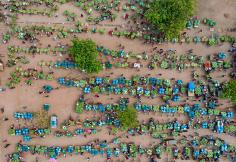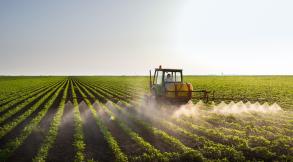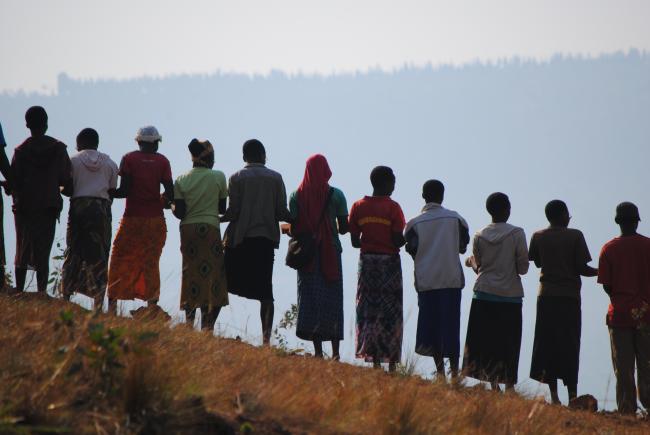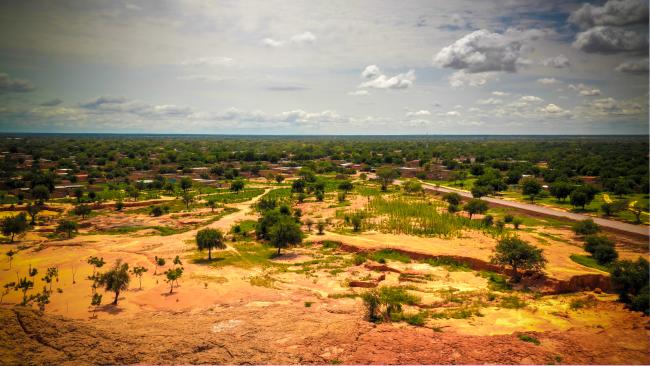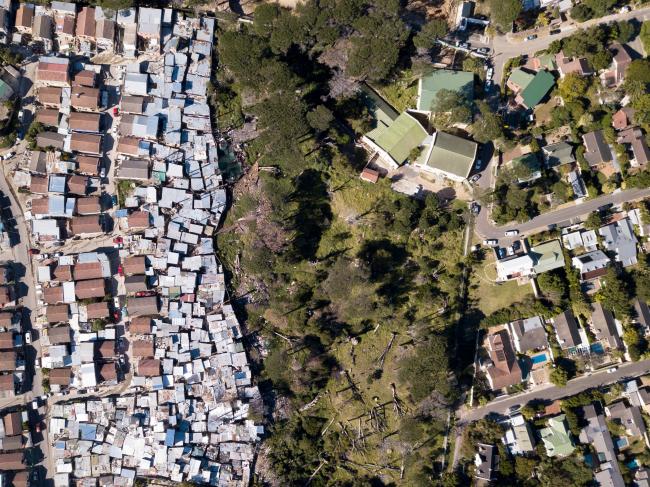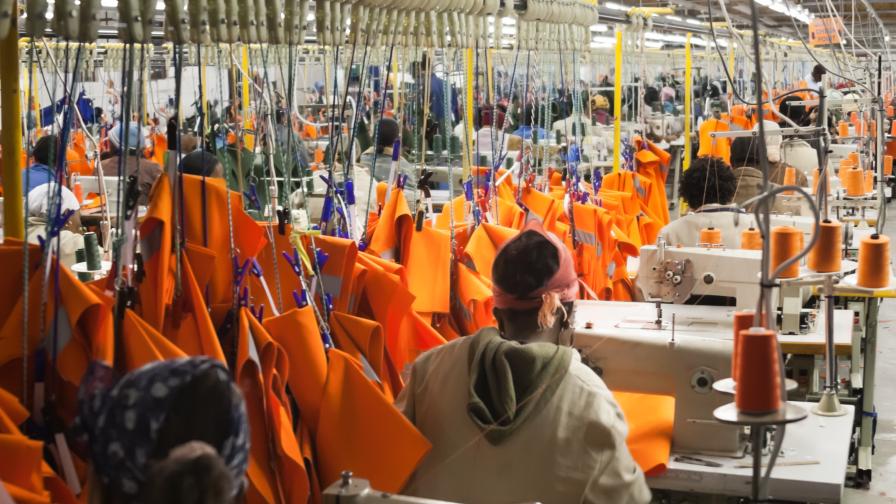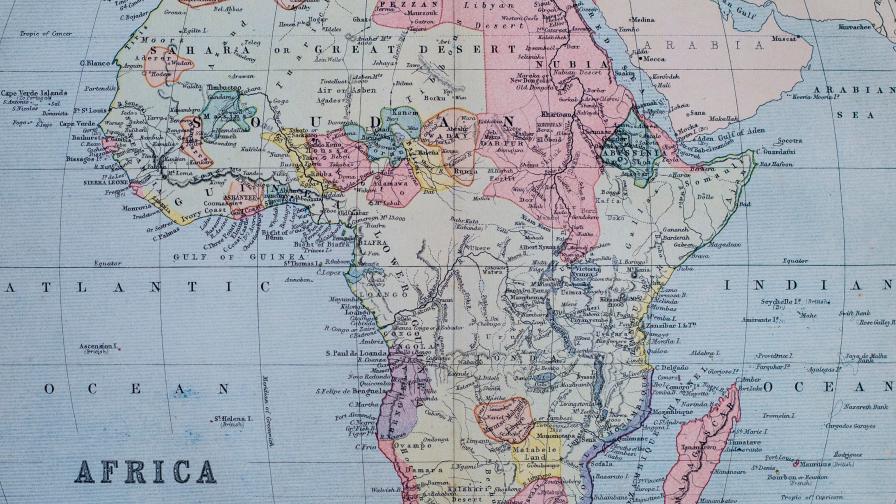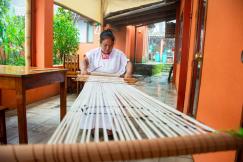Malawi’s export earnings are dominated by tobacco. The demand for an alternative export commodity, pigeon peas, has been rising over the past decade, especially from India. Pigeon peas are mostly grown in the southern region on very small farms, however, there are opportunities for expansion into the central region. Currently, social norms in the central region constrain this expansion. Livestock, and goats in particular, are left to roam free in the dry season by over two thirds of farmers, relative to only one third in the south. This leads to significant damage to pigeon pea crops and discourages farmers from cultivating them and benefitting from export demand.
The particular policy under study is for the local government and non-state actors (including traditional leaders, ministry of agriculture extension workers, and farmer organisations) to nudge local governance arrangements around how farmers keep livestock towards controlled systems through indirect payments to agroecosystem services. These can include information campaigns on the benefits of controlled livestock systems, training and subsidising modern goat house construction and feed preservation, and contract farming and product certification for adhering to acceptable community norms. Medium-term policy interventions include varietal development of adaptable short duration pigeon peas, initiating a formal legal process of reviewing the appropriate laws, and instituting more studies to understand these community norms. While the interventions are directed at a micro level, there could be aggregate implications for both the livestock and cropping industries and their backward and forward linkages.
This policy issue applies to a number of lower-income countries given the widespread nature of mixed crop and livestock systems. Additionally, this issue is only like to become more prevalent as rising populations, urbanisation, and climate change are increasing the likelihood of conflicts between crop farmers and livestock owners. Such clashes have already escalated into violent and sometimes armed confrontations in parts of West Africa and East Africa. Identifying policies that address these concerns could help limit conflict while promoting diversification into high-value, exportable crop commodities.




















